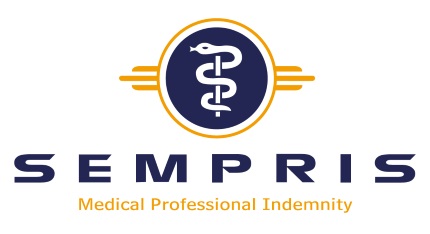Medicine is complex, and often uncertain. There is a strong possibility that something will go wrong during a medical professional’s career. When something does go wrong, the key is to manage the situation carefully and with professionalism to achieve the best outcome for all parties involved.
Most incidents can be managed effectively before they reach a critical point. As soon as an adverse incident happens, those involved should focus on minimising the error. Thoroughly analysing and documenting the event’s main stages is recommended as good way of formulising what happened and understanding the likely the implications for the patient and medical professional.
Regulatory Bodies
A number of regulatory and healthcare bodies highlight the need to not only report incidents but to learn from them. The following step-by-step guide is recommended:
- Identify the incident – such as an unexpected death, medication error or breakdown in communication.
- Report the incident – as soon as possible when something has gone wrong. Organisations should have specific guidelines that need to be followed. Staff training is crucial for this to work effectively so that employees feel comfortable reporting incidents.
- Act on the incident – as quickly and as efficiently as possible. Any delays could cause information to be lost or for a mistake to be repeated. Failure to act swiftly might also mean the opportunity for the incident to be reviewed may be missed.
And most importantly…..be honest and concise.
Significant Event Audit (SEA)
Some practices and hospitals use a process called Significant Event Audit (SEA). This approach involves a whole team which usually means the incident is discussed openly and freely. The aim of this technique is a quick response and for others to learn from the incident. SEA can also form part of the education process so that staff not involved in incidents can learn from those who were. For more information, click here.
Learning should be shared
A central theme to this document is learning. It is of vital importance that learning is shared among those directly involved as well as those who are not. Effective learning will help incidents to be avoided in the future and encourage staff to feedback and report confidently in the future.
Confidentiality
With all serious reported incidents the identity of the patients and professionals involved will inevitably be revealed. However, patient confidentiality must never be compromised. Patients should be advised that their data may be used and be given time to object.
Useful links:
- NRLS – National Reporting and Learning Service –nrls.npsa.nhs.uk/reporting
- CQC – Care Quality Commission – cqc.org.uk
Share this post:
- - -
